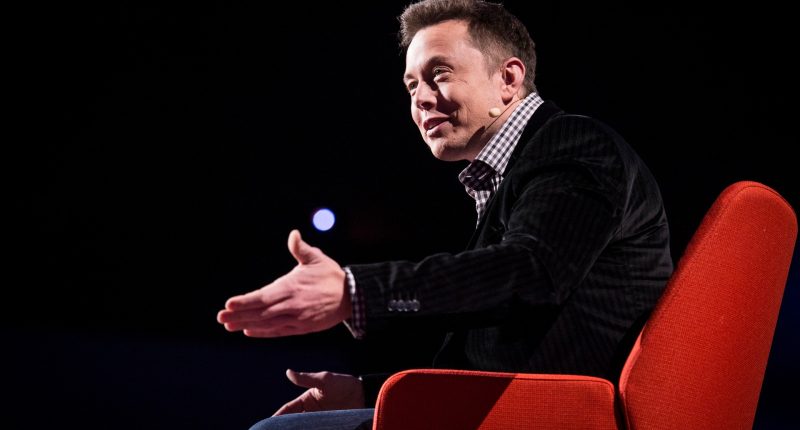Elon Musk has now publicly endorsed California’s SB 1047, a controversial AI safety bill that seeks to impose regulations on the development and deployment of large-scale artificial intelligence models. Musk, a long-time proponent of AI regulation, expressed his support for the bill in a post on his platform, harping upon the need for proactive measures to mitigate potential risks posed by AI tech.
This is a tough call and will make some people upset, but, all things considered, I think California should probably pass the SB 1047 AI safety bill.
For over 20 years, I have been an advocate for AI regulation, just as we regulate any product/technology that is a potential risk…
— Elon Musk (@elonmusk) August 26, 2024
In recent times, California has emerged as a key battleground for the regulation of AI. This year alone, state legislators introduced a significant number of bills—65 in total—aimed at addressing various aspects of AI governance. These legislative proposals cover a wide array of issues, including ensuring the fairness of AI-driven decision-making, protecting consumer privacy, and preventing the misuse of AI in areas like deepfakes and intellectual property infringement.
However, many of these bills have encountered obstacles in the legislative process, with several failing to advance or being watered down due to opposition from the tech industry. The complexity of regulating AI, combined with concerns about stifling innovation, has made it difficult for lawmakers to find common ground. If passed, the bill could serve as a model for other states seeking to address the challenges posed by AI.
In this scenario, SB 1047 (introduced by State Senator Scott Wiener) has emerged as one of the most significant pieces of AI-related legislation, garnering attention both within California and beyond. The bill mandates that companies investing heavily in AI development—specifically those spending over $100 million—must implement safeguards to prevent their models from causing significant harm. It also requires developers of large AI models to conduct thorough safety testing and to document their efforts to prevent harmful outcomes. Wiener has been vocal about the need for proactive measures, arguing that the risks posed by AI are not science fiction but real and pressing concerns that demand immediate attention.
Subscribe to TP Daily for updates on the latest and greatest in Tech
Elon Musk’s endorsement of SB 1047 is consistent with his history of advocating for stronger regulation of AI. For over two decades, the billionaire has been vocal about the potential dangers of AI, often warning that without proper oversight, advanced AI systems could pose existential risks to humanity. He has likened AI to other powerful technologies, such as nuclear energy, which require stringent safety protocols to prevent catastrophic outcomes.
Nonetheless, SB 1047 has faced significant opposition from key players in the tech industry. Companies like OpenAI, which is backed by Microsoft, have voiced concerns that the bill’s requirements could stifle innovation by imposing burdensome and vague regulations on AI development. OpenAI (alongside Adobe and Microsoft) have instead thrown their support behind an alternative bill, AB 3211.
AB 3211 seeks to ensure that AI-generated content, including photos, videos, and audio clips, is clearly identified as such to the average viewer. This bill mandates the inclusion of watermarks in the metadata of AI-generated media, a standard already adopted by many AI companies. However, the bill goes a step further by requiring large online platforms, such as Instagram and X, to visibly label AI-generated content in a way that is easily understandable by the general public. AB 3211 has already made significant progress in the California legislature. The bill passed the state Assembly with overwhelming support in a 62-0 vote and later cleared the Senate Appropriations Committee. It is now set for a full vote in the state Senate.
The Tech Portal is published by Blue Box Media Private Limited. Our investors have no influence over our reporting. Read our full Ownership and Funding Disclosure →






